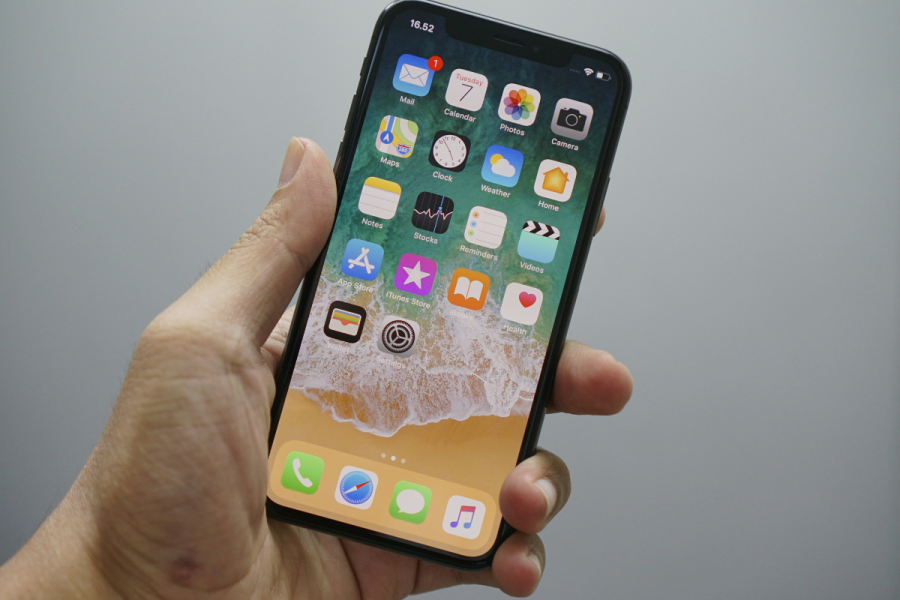Radiohead’s widely heralded experiment with free downloads plus a premium package and request for donations (effectively) remains shrouded in mystery, but Trent Reznor and Saul Williams released some numbers this week about a similar experiment. Those numbers indicate that very few people want to pay for recorded music these days.

In the old days, a musician would go on tour to promote a new album. The new model emerging is more likely to take the form of albums being released, for free, to promote higher-priced tickets for live performances and other forms of monetization. Bring ’em in with the artificially cheap stuff (downloads) and cash in on the goods priced at a premium. Downloads as loss leader.
That photo above, for example, is of Chris Messina holding up the In Rainbows “diskbox” he paid $80 for.
As Rex Dixon, the hardest working man in the web 2.0 business and a former touring musician, told me today – that’s always been the way it is for most musicians. Playing gigs and selling shirts, that’s where the money is if you’re willing to pound the payment pavement (typo – lol).
What Were the Numbers?
Reznor, of Nine Inch Nails fame, was the producer for the new Saul Williams album. The two made the album available for download, asking that people pay $5 voluntarily for an otherwise free lower-quality copy or buy a higher quality copy for $5.
Here’s how the numbers broke down, according to a post on Reznor’s blog:
As of 1/2/08,
154,449 people chose to download Saul’s new record.
28,322 of those people chose to pay $5 for it, meaning:
18.3% chose to pay.
Reznor says this shows that very few fans are willing to “do the right thing,” which is ironic given that the artist in question, Saul Williams, sings all about “doing the right thing” in his music. His music is also rather annoying, in my opinion, and this might have skewed the validity of the science here. (I’m joking, mostly.)
It is possible, though, that contemporary standards of what constitutes fairness in music consumption have simply changed. While today the news broke that the last of the four major US record lables, Sony BMG, has announced it will offer DRM-free music – that may not be a shift as far as the market would like things to shift.
Given the huge numbers of music downloads that are free and illicit, the market seems to be voting for free music. That despite the risk of being sued, even.
How are concert ticket sales, merchandise sales and other forms of monetization going? That’s what I’d like to know.
Times are changing and if you can, it’s better to work on innovating along with them than it is to make dragging your feet and suing people your business model. Stop your crying, Trent Reznor.
How does the rest of the record industry feel about these issues? I found one person close to the business who preferred to remain unnamed but who had some interesting thoughts on the subject.
Value is ascribed to things that people covet- at one point people coveted what they downloaded. They still do to some extent (ie, dimeadozen and the bootleg market, which is a nice self regulating distribution system) but with rapid adoption of one behavior, the commodity behind it shifts and goes toward ubiquity, ie free. You just have to shift what people will covet. It’s the same way with books, newspapers, TV, movies, memory, CPU, etc – every free market system follows this path. Intellectual capital complicates it but can also provide more impetus to be innovative.
These are interesting times!






